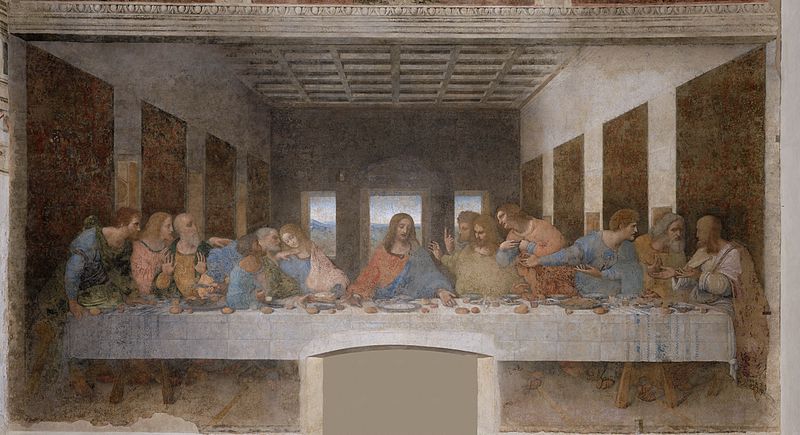
October 5, 2012, by Stephen Mumford
Immortality
I have just returned from a conference on the metaphysics of relations at which were some of the finest contemporary philosophical minds. I was struck by frequent references to the likes of Aristotle, Aquinas, Duns Scotus, Descartes and such. Aristotle died 2,300 years ago. We have had a long time to improve on his thinking, coupled with all the discoveries of science and exploration. Surely the vastness of that additional progress should equip us to move beyond the Athenian’s ancient contrivances. In physics, biology, medicine and economics, for instance, we want to know the latest thinking: the cutting edge, hot off the press.
Knowledge that is of primarily practical value can be quickly redundant. Articles in some science journals have an extremely short half-life (the point at which there’s a 50:50 chance of their complete irrelevance). As soon as a new result is found that enables us to achieve our practical goals more efficiently, why would anyone but an eccentric have an interest in the old ways? Once a scientific theory has been superseded, only the historian has interest in it.
Philosophy, like the other arts, is put to a different use, however. The arts shun those practical aims and therein is their potential for immortality. There are some paintings that will be gazed upon and admired as long as sentient life remains on this planet, and perhaps longer. Sophocles and Homer will be read forever, as long as there is no cosmic catastrophe that wipes their work or all their readers from existence. The works of Mozart and Beethoven are likely always to survive and be enjoyed. Philosophy ages well too. It helps us understand and interpret the world we see with our senses. Such an understanding transcends the empirical details in the science of the age and there is thus no conflict in such ideas being old but relevant to our grasp of reality. They are timeless.
Although the arts are often underfunded and undervalued in their own age, the artist has the prospect of a huge reward. To think that one’s work could be appreciate in hundreds or thousands of years to come is a dream we hardly dare humour for it must surely be the greatest fate that anyone could achieve. Personal immortality may be a chimera, but the artist has the possibility of creating immortal work. Perhaps this is what drives many on when there are often so few worldly rewards to the artistic life.
Previous Post
MortalityNext Post
History and PoliticsNo comments yet, fill out a comment to be the first

Leave a Reply